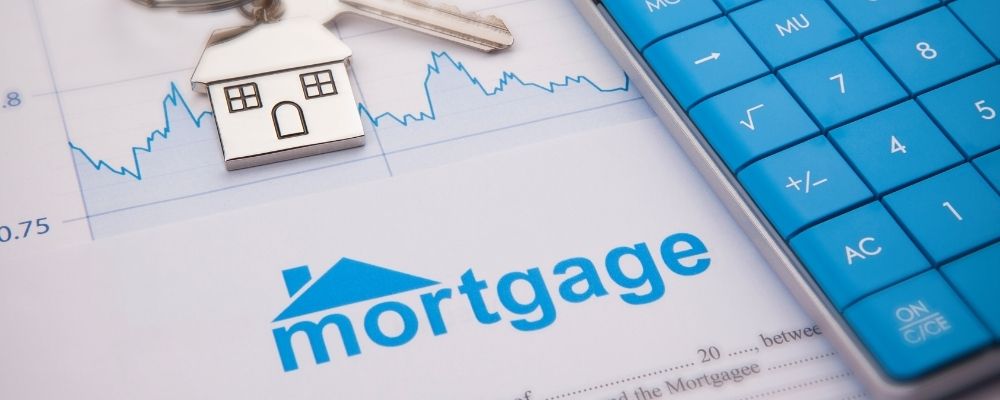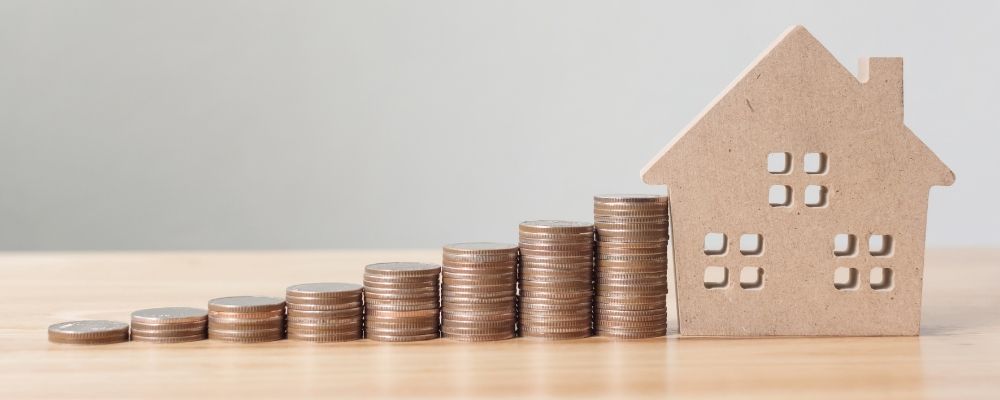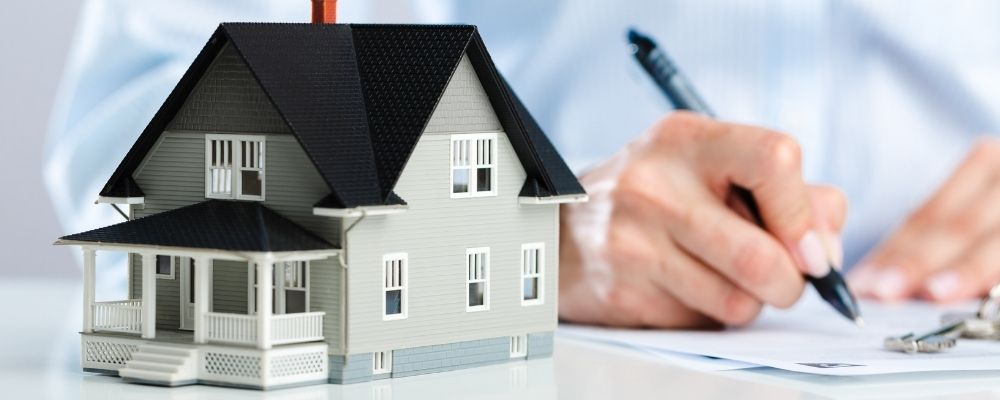If you’ve suddenly come into a large sum of money or you’ve managed to save a decent chunk of change, you may be debating whether you should pay down debt or make a new investment. Here is a closer look at whether you should pay off mortgage or invest in rental property.
Table of Contents
Benefits of Paying off Your Mortgage

Paying down your mortgage can be a liberating experience. The closer you are to paying off your debt, the more security you have as a homeowner. It leaves you free to start paying off other debt – such as credit card bills, student loans, etc. Plus, the less outstanding debt you have, the better it will look to creditors if you decide to make an investment later on. Now that you’ve built up some equity in your home, you can even tap into it to finance future investments or secure a credit line.
Drawbacks of Paying off Your Mortgage
Even though living debt-free has its perks, there are also several drawbacks to paying off the mortgage early. Some lenders charge an early repayment fee for paying off the mortgage, which is typically a percentage of the outstanding balance charged as a penalty. So, depending on how much of a balance you still have left, this could get costly.
Another drawback is that the money you spent paying down the debt can’t be put toward making you more money. You’re reducing your debt obligations, but you’re not creating any new income streams with the money. If you plan carefully, you could invest that money and then use the cash flow to pay down your mortgage – killing two birds with one stone.
Benefits of Investing in Rental Property

The primary benefit of investing in a rental property is the monthly cash flow you’ll generate from collecting rental income. You can then use that cash flow to start paying off your own mortgage or make other investments. Having a diverse portfolio of assets will make you more financially secure, even if you still have an existing mortgage because that positive cash flow can help you make your monthly payments even if you lose your job or have your income reduced.
Plus, there are potential tax benefits from owning multiple properties and purchasing property is a great way to protect your wealth. If you make a smart investment, it will only increase in value over time.
To get a better sense of how much money your rental property can potentially make each month, take a look at our Investment Property Calculator.
Drawbacks of Investing in Rental Property
But, like any other investment strategy, buying a rental property comes with its risks. You must maintain the property and be sure to keep a steady stream of renters coming in to ensure you turn a profit. If something catastrophic happens and the building needs serious repairs or you can’t find any suitable tenants, you may be in serious trouble.
Plus, if you have other debt and you decide to purchase a rental property rather than paying off the mortgage, you may become overleveraged and end up damaging your credit. There are still costs associated with buying a rental property, including taxes, insurance and maintenance. If you’re still paying off your mortgage and other monthly debt obligations in addition to these new costs, you’ll want to be sure you have a health cushion to prevent you from defaulting. Otherwise, if there is a sudden downturn in the market, you may be overly exposed and run the risk of losing everything.
Which Option Will Have Greater Impact on Your Net Worth?
Both can have a positive impact on your net worth but purchasing a rental property will likely have a greater impact over time. Net worth is simply a calculation of subtracting your liabilities from total assets. Therefore, you can increase your net worth in two ways – by decreasing your liabilities or acquiring more assets.
So, if you own a home that is worth $300,000 and you still owe $200,000 on the mortgage, if you paid it off entirely, your net worth would increase from $100,000 to $300,000, just by paying off the debt. But if you used that $200,000 to purchase a rental property, your net worth would still increase to $300,000, because you now have $500,000 in assets with $200,000 of liability.
You could then use the cash flow to pay down your mortgage or make other investments, which would steadily increase your net worth over time. Whereas if you just paid off the mortgage, you’d get that extra boost, but wouldn’t be able to increase your net worth beyond the value of the home, unless you made more investments.
Which Option is Better from a Tax Perspective?
Purchasing a rental property will also be more beneficial from a tax perspective. Many people use their mortgage interest as a tax write-off, which you obviously can’t do if you pay off the loan. This may not matter to you, since you won’t be paying the monthly interest payments anymore. But keep in mind that you’ll have to make up for it when it comes time to do your taxes.
When you purchase a rental property, there are all kinds of tax deductions you can make. If you used a mortgage to purchase the property, you can write off the interest as an expense. You can also write off things like utilities, property taxes, and any repairs made on behalf of your tenant. A good accountant will be able to find a variety of different ways you can reduce your tax obligation, which wouldn’t be possible if you simply paid down your mortgage.
Which Option is Better for Monthly Cash Flow?
Both choices can be good for freeing up monthly cash flow, but purchasing a rental gives you more options. If you were paying $2,000 per month towards your mortgage, paying it off completely would give you that extra money to put toward whatever you like. But you can’t increase your cash flow beyond that amount just by paying off the mortgage unless you have a spare room or guest suite in your own home that you decide to rent out.
With a rental property, you can likely generate even more cash flow than what you freed up by eliminating your monthly mortgage payments. But you can also continue to increase that amount over time by charging more for rent, making improvements, or renting out additional units. Both options will help you free up some money each month. But, purchasing a rental gives you more ability to continue to increase that cash flow, while paying off existing debt can only free up the amount you already owe.
Final Thoughts
Ultimately, which option you choose depends entirely on your personal financial situation and goals. Pay off your mortgage if you have other existing debts and want the peace of mind of knowing that you own your home completely. Sometimes it’s better to eat what’s on the plate in front of you than start thinking about your next meal and it may not be wise to take on the additional risk if you already have other financial obligations.
But, if your debt is under control and you’re looking to make an investment that will pay off in the long term, purchasing a rental is the way to go. It offers numerous tax and financial benefits that you won’t get simply from paying down debt. Plus, you can use the extra cash flow to help pay down your mortgage at the same time, offering the best of both worlds.



